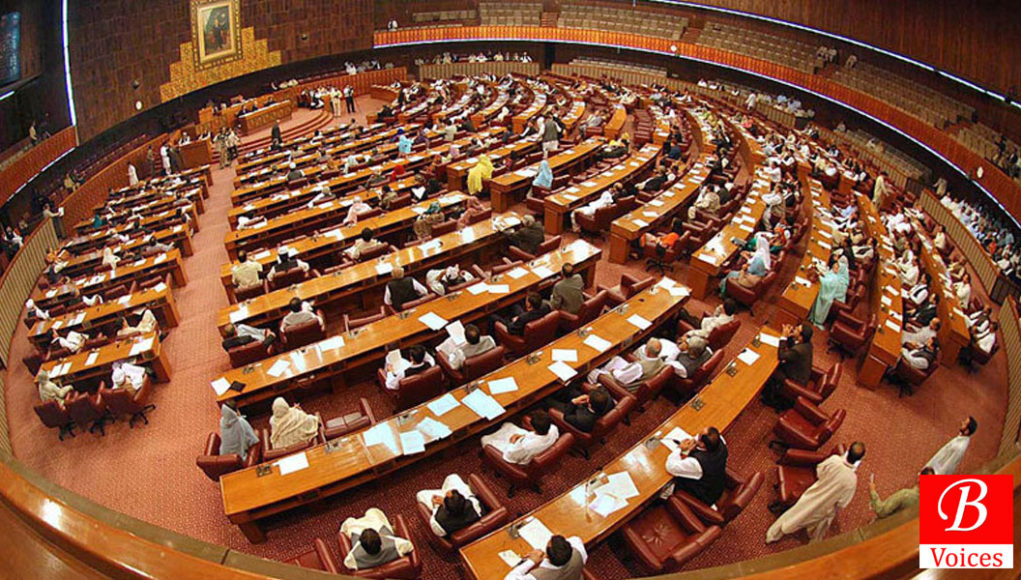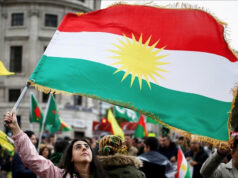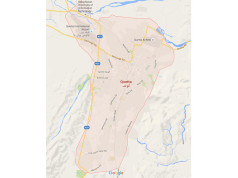 Zain Malik
Zain Malik
Pakistan has a long history of political instability and military interventions that have severely weakened democratic institutions in our country.
While the country has held several elections since the return to democracy in 2008 after Musharaf rule the civilian government has been largely ineffective in implementing its policies.
One of the primary reasons for the weakness of democratic institutions in Pakistan is the military’s role in politics. The military has a history of seizing power through coups and then ruling either directly or indirectly through puppet civilian governments.
Even when the military is not in power, it wields significant influence over decision-making in areas such as national security and foreign policy.
Corruption is another major obstacle to effective governance in Pakistan. Powerful political families and clans have used their wealth and influence to gain and maintain power, often at the expense of the country’s institutions and people.
This has led to a distrust of the government among ordinary Pakistanis.
The country’s constitution and legal system are often ignored or manipulated to serve the interests of the powerful.
The judiciary is frequently criticized for being subservient to the military and political elites and for failing to hold them accountable for their actions.
The combination of military influence, corruption, powerful political corrupt families and weak institutions have severely hampered the ability of democratic governments to effectively govern Pakistan.
Unless these underlying issues are addressed it is unlikely that democracy will be able to take root and flourish in our country.
Disclaimer: Views expressed in this article are those of the writer and Balochistan Voices does not necessarily agree with them.
Share your comments!








